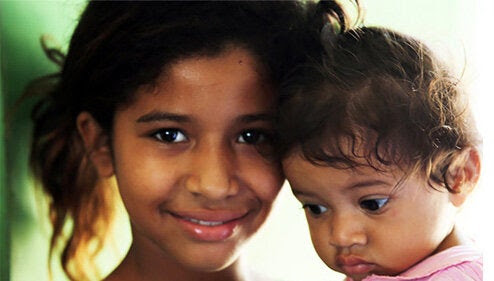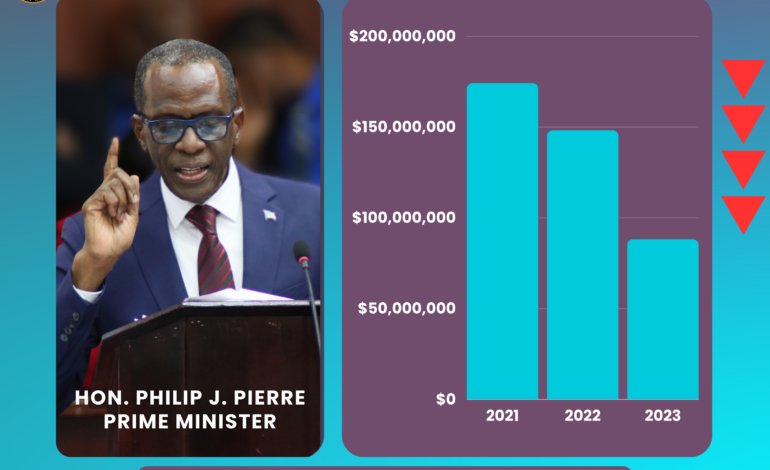
As the Latin America and Caribbean region grapples with the second-highest adolescent fertility rates worldwide, the Adolescent Pregnancy Prevention Week, commemorated from October 16-20, 2023, emerged as a beacon of hope and action. This year, in association with key partners like the United Nations Population Fund (UNFPA), and the Caribbean Community (CARICOM)the Pan American Health Organization (PAHO) charted two impactful events.
The Adolescent Pregnancy Prevention Social Media Campaign leverages the vast reach of digital platforms with an aim for expansive awareness, engagement, and fostering change across Caribbean communities. Additionally, the regional dialogue event titled ‘Addressing Adolescents’ Sexual and Reproductive Health Concerns and Pregnancy in the Caribbean’ on October 18, served as an interactive platform for open dialogues with policymakers, to address the concerns and strategies to reduce adolescent pregnancies in the Caribbean.
“At PAHO, we continue to make adolescent pregnancy a major focus because it affects the trajectory of a young girl’s life,” said Ms. Sandra Jones, Advisor for HIV/STI, TB, and Viral Hepatitis at PAHO. She delivered the opening remarks at the regional dialogue event on behalf of the PAHO Caribbean Subregional Director. “It hampers their psycho-social development, leads to poor health outcomes for both them and their children, negatively impacts their educational and employment opportunities, and perpetuates intergenerational cycles of poor health and poverty,” Ms. Jones added.
Adolescent pregnancy’s ramifications stretch beyond immediate health concerns. Its socio-economic implications, compounded by the COVID-19 pandemic’s disruption of healthcare access, emphasise the urgency of these initiatives.
“It is essential for youth to know that youth-friendly health facilities are available where they can seek non-judgmental help, counselling, and pregnancy prevention services if they are already sexually active or considering becoming sexually active. As policymakers, we need to evaluate whether we are providing sufficient specialised youth services that can help mitigate the negative impact of early sexual activity,” said Alison Drayton, Assistant Secretary General of the Directorate of Human and Social Development at the CARICOM Secretariat during her remarks.
Recalling the Caribbean Congress on Adolescent and Youth Health of 2019 which laid out the path for the Adolescent Health Roadmap for the Caribbean, vital strategies have been identified. These include ensuring access for adolescents to comprehensive and age-appropriate information, education and adolescent-friendly comprehensive services to be able to make informed choices about their sexuality and reproductive lives, to adequately protect themselves from unintended pregnancies, sexually transmitted infections, and HIV and to be able to transition safely and happily into adulthood, while prioritising youth involvement in health service design with an emphasis on confidentiality and stigma reduction, and advocating for preventive measures that focus on education, skills, and creating conducive environment.
Inaugurated in 2020, the Adolescent Pregnancy Prevention Week, supported by CARICOM and other stakeholders, reiterates the importance of youth-centric health planning and actions. Countries across the Caribbean are encouraged to bolster these efforts with national events, emphasising the urgency to mitigate adolescent pregnancy. By uniting in this cause, the Caribbean community aspires to guide its youth towards informed choices, heralding a brighter and healthier future.





